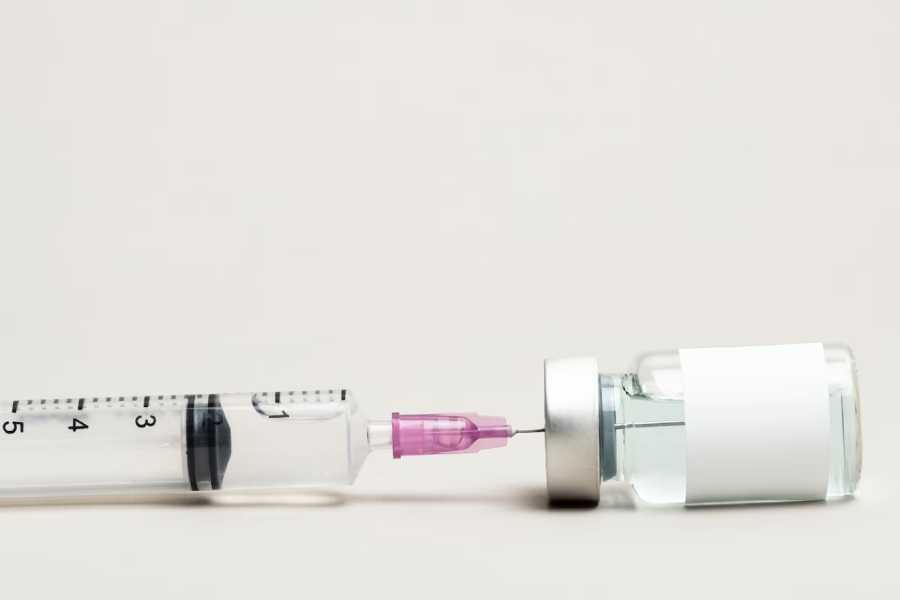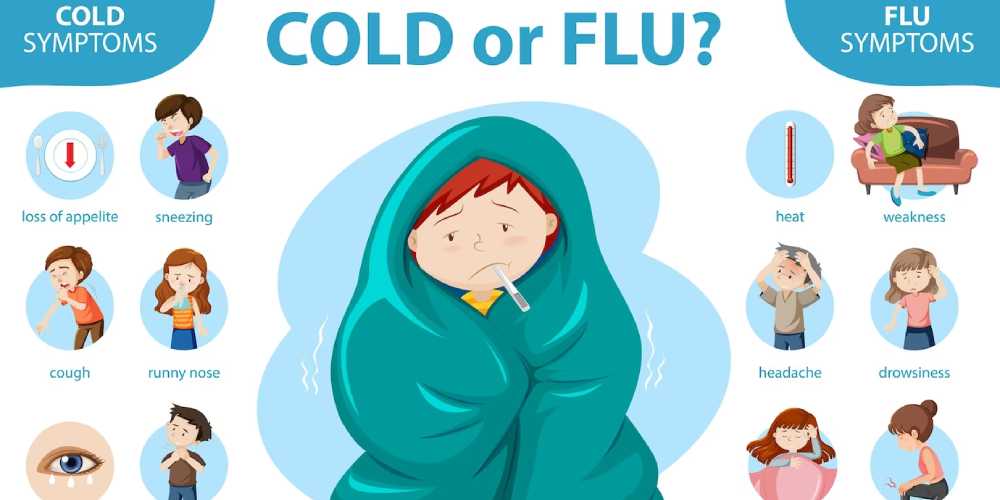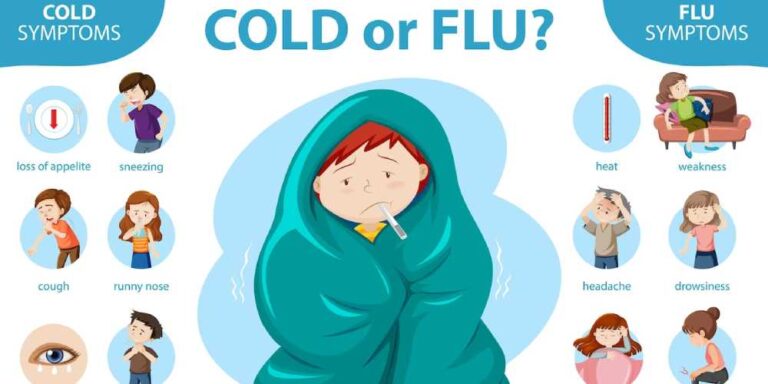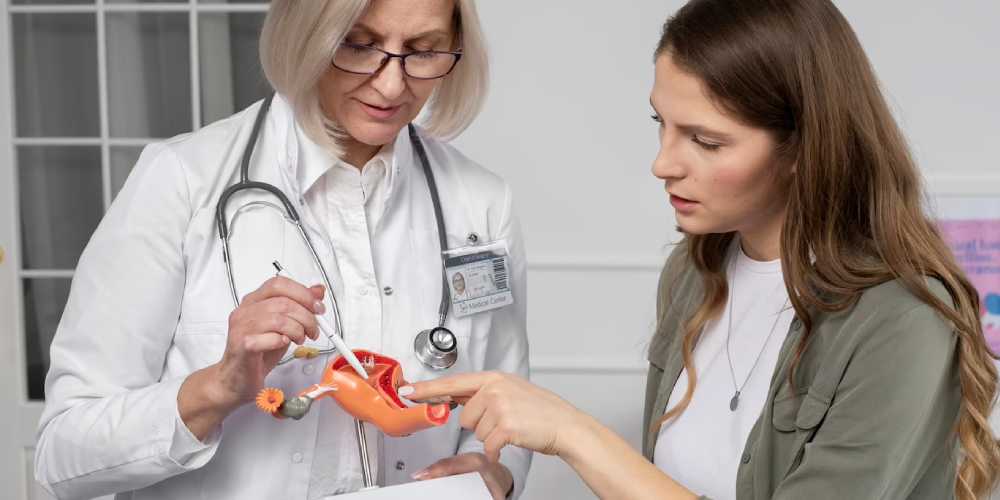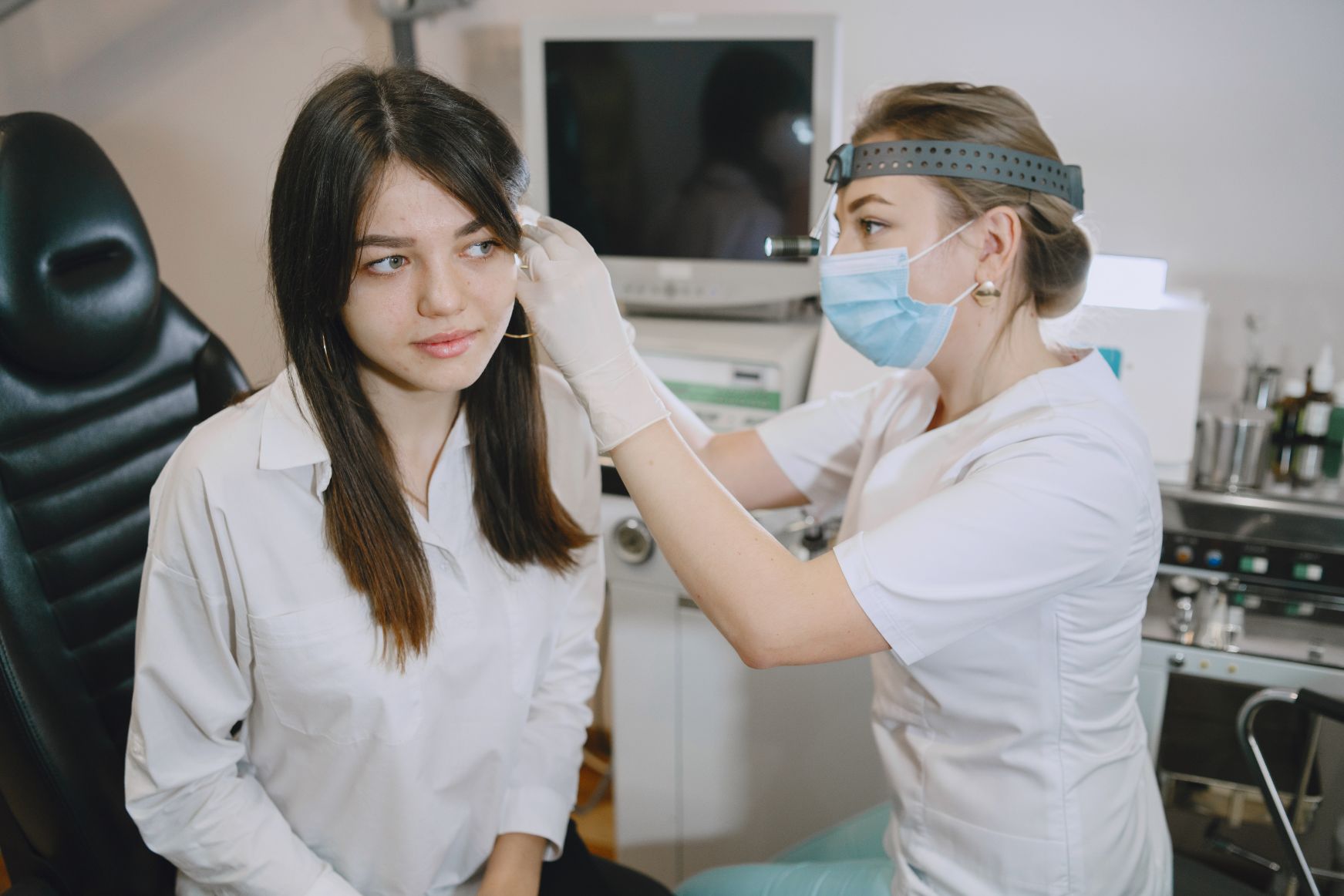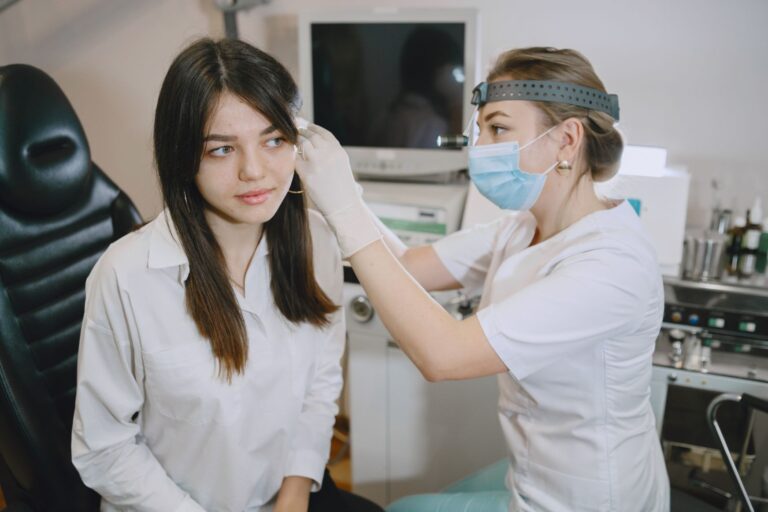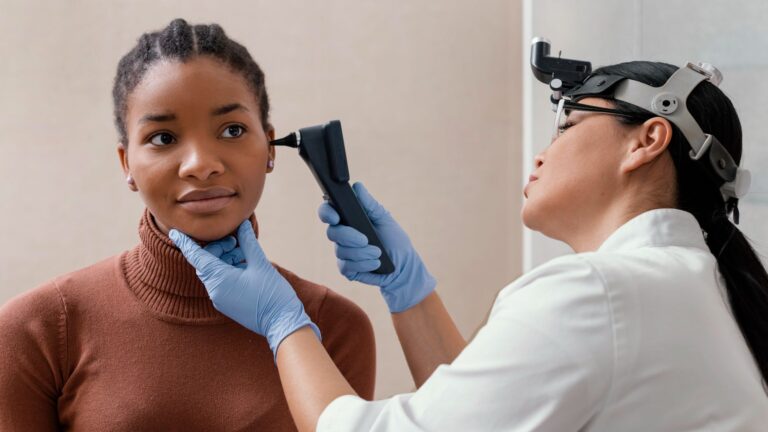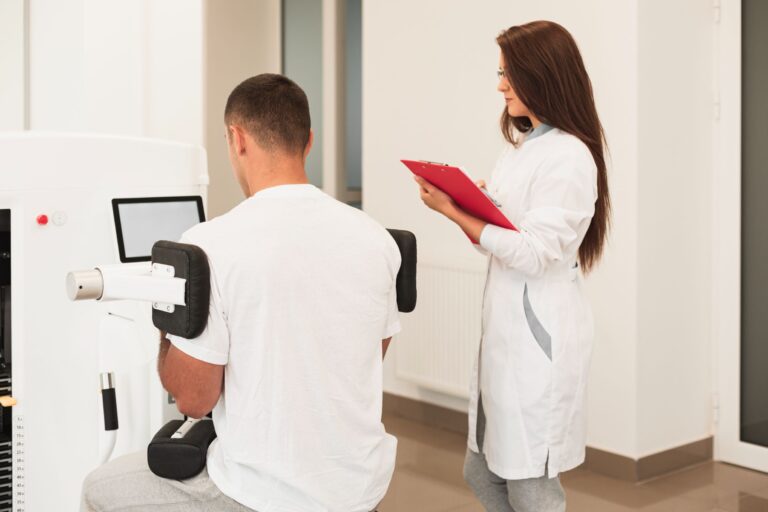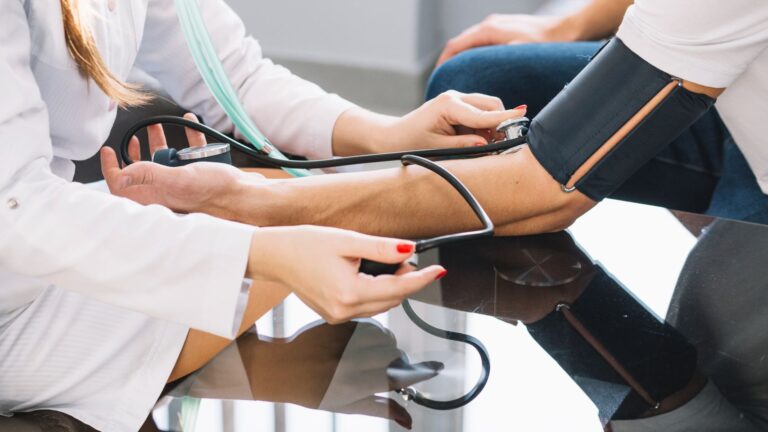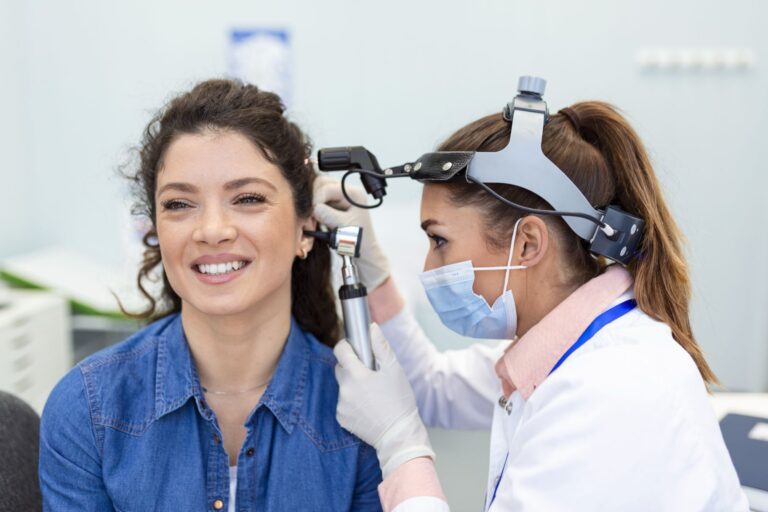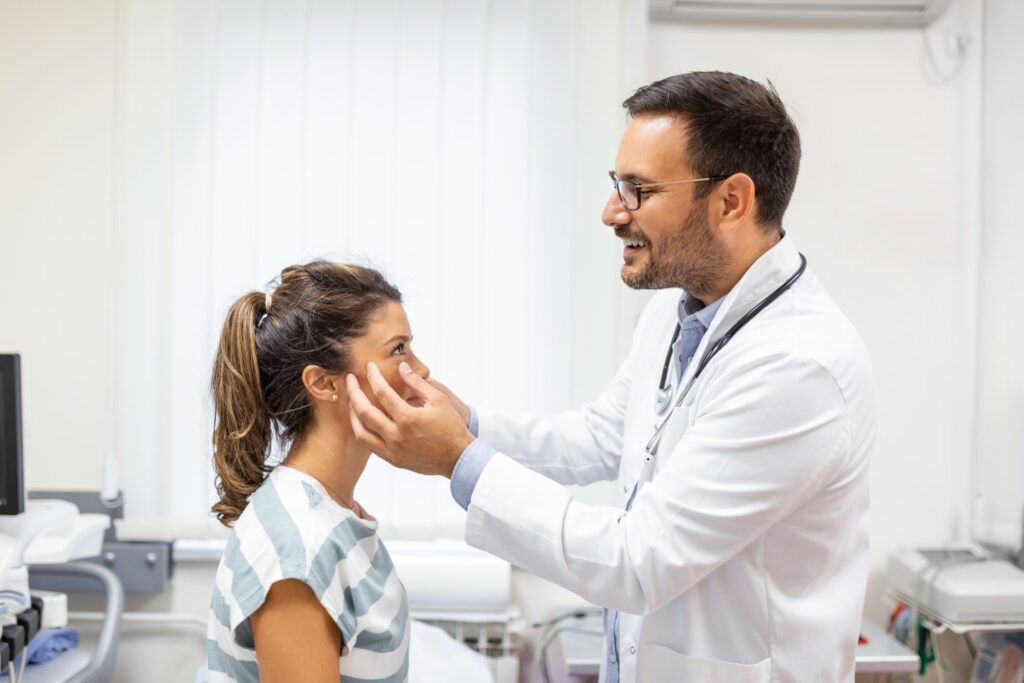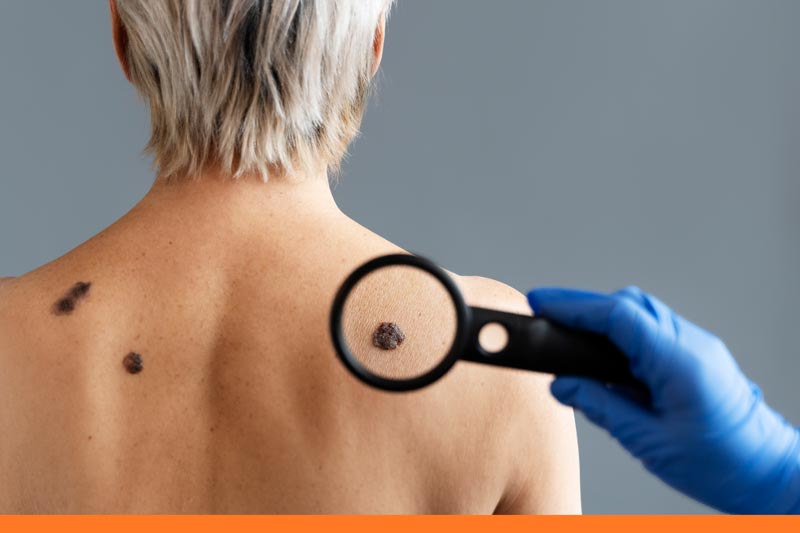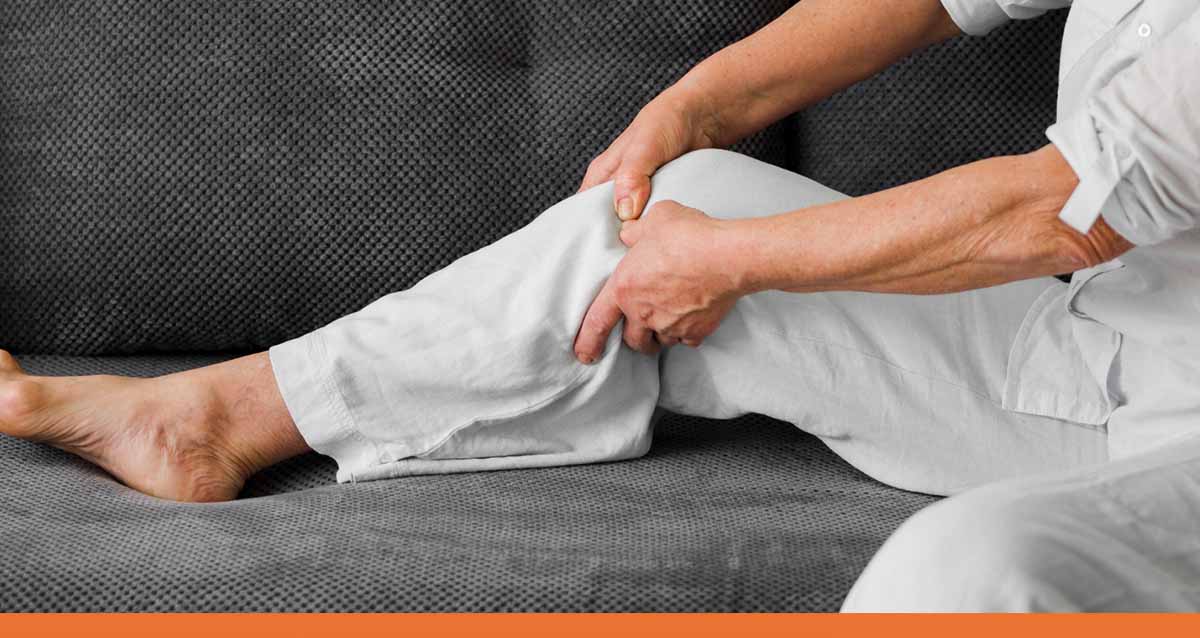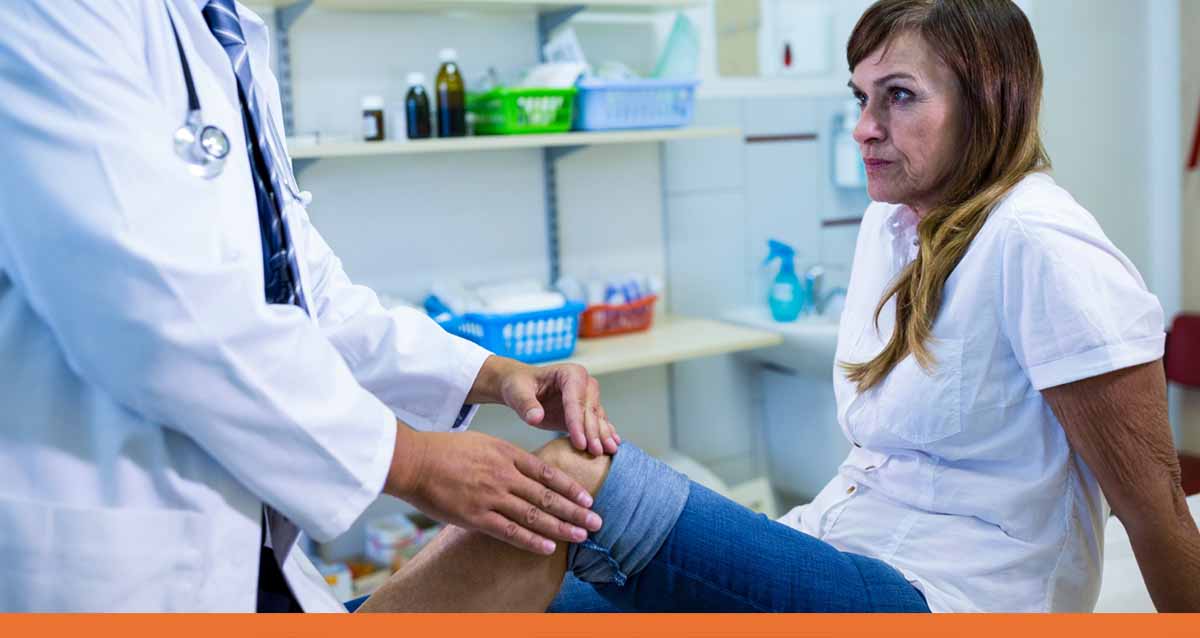Urgent Care in West Hartford, CT: When to Seek Immediate Medical Attention for Allergic Asthma
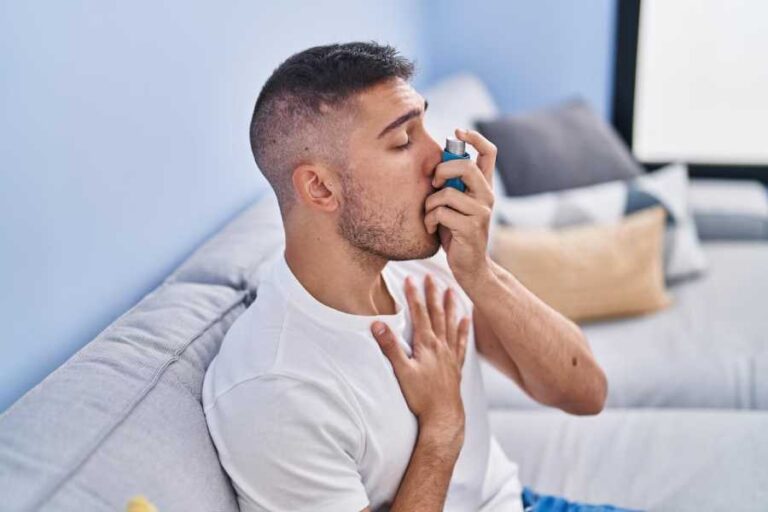
Asthma — a chronic condition affecting millions worldwide — can often catch us off guard. This is particularly true for those dealing with allergic asthma, where various allergens present in the environment can trigger symptoms. The difference between an urgent care center and an emergency room can become critical in these situations. Recognizing when to seek immediate medical attention at urgent care in West Hartford, CT, can be a lifesaver.
Understanding Asthma and Allergic Asthma
What is Asthma?
Asthma is more than just an occasional bout of wheezing or shortness of breath—it’s a persistent inflammatory disease that can impact individuals’ day-to-day lives. This chronic condition narrows and inflames the airways, which can cause various symptoms, including wheezing, chest tightness, shortness of breath, and persistent coughing.
These symptoms are not just discomforting; they can disrupt sleep, work, and other daily activities. For those experiencing severe symptoms, it can even lead to life-threatening situations. Hence, it becomes essential to manage and treat asthma effectively.
Urgent care in West Hartford, CT, regularly witnesses individuals presenting with these symptoms. Staffed with trained healthcare professionals, these centers are equipped to provide immediate care to stabilize patients experiencing asthma attacks. They deliver timely intervention, critical in managing severe asthma symptoms and preventing their escalation.
Allergic Asthma Vs. Non-allergic Asthma
Asthma may seem like a particular condition, but it’s far more complex than it appears on the surface. There are several types of asthma, each with its unique triggers and manifestations. Two of the most prevalent types are allergic asthma and non-allergic asthma. Although they share similar symptoms, the factors that induce these conditions vary significantly.
What is Allergic Asthma?
Allergic asthma is the most common form of asthma, affecting millions of individuals worldwide. As its name suggests, this type of asthma is triggered by allergens, which are substances that cause allergic reactions. Common allergens include pollen, dust mites, and mold. When individuals with allergic asthma inhale these allergens, their immune system overreacts, leading to inflammation and narrowing of the airways. This reaction then results in typical asthma symptoms such as wheezing, coughing, and difficulty in breathing.
Non-Allergic Asthma: A Different Trigger
On the other hand, non-allergic asthma is not triggered by allergens. Instead, other factors, such as cold air, exercise, stress, and even certain medications or foods, can cause an asthma attack. While the symptoms of non-allergic asthma are similar to those of allergic asthma, the absence of an allergic reaction makes managing this condition slightly different.
Seeking Clarity at an Urgent Care in West Hartford, CT
Understanding your asthma type is critical for effective management and treatment. If you are unsure about your asthma type, it’s advisable to seek professional help. A visit to urgent care in West Hartford, CT, can provide clarity.
These healthcare centers are equipped with professionals experienced in diagnosing and managing different types of asthma. Their prompt attention and expert guidance can help you navigate the complexities of asthma, enabling you to lead a healthier and more comfortable life.
Symptoms and Triggers of Allergic Asthma
Understanding allergic asthma involves knowing both the symptoms and triggers of this specific type of asthma. Recognizing the signs and managing the triggers can significantly improve the quality of life for those affected.
Recognizing the Symptoms
The symptoms of allergic asthma often mirror those of general asthma but are triggered explicitly by allergens. These symptoms can include:
- Wheezing or a whistling sound when exhaling
- Persistent coughing, often worse at night or early in the morning
- Shortness of breath or difficulty breathing
- Rapid breathing, which may be accompanied by anxiety or stress
- Chest tightness or pain, which can be exacerbated during an asthma attack
The severity and frequency of these symptoms can vary widely among individuals, making it crucial to closely monitor any changes or increases in symptoms.
Identifying Allergen Triggers
Allergic asthma is unique in that specific allergens trigger it. These can include substances such as pollen, dust mites, pet dander, and mold spores. Exposure to these allergens can lead to an overreaction of the immune system, resulting in inflammation and narrowing of the airways – the hallmark of an asthma attack.
Each person with allergic asthma may have different allergen triggers. Therefore, it’s essential to identify personal triggers to avoid exposure and minimize the chances of an asthma attack.
Preventing Asthma Attacks and Seeking Help
While identifying and avoiding triggers is a key step in preventing asthma attacks, it’s not always foolproof. Unforeseen exposure or an unexpected allergic reaction can still lead to an asthma attack.
That’s why knowing where to seek immediate medical attention is equally important. Knowing the location of the nearest urgent care in West Hartford, CT, can be life-saving during an asthma emergency. These facilities are equipped to provide quick and effective treatment, stabilizing the patient and alleviating severe symptoms.
Allergic asthma can pose significant challenges, but with awareness of symptoms, identification of triggers, and knowing where to seek immediate help, such as urgent care in West Hartford, CT, managing this condition becomes less daunting. Remember, knowledge is power when it comes to dealing with allergic asthma.
Impact of Allergic Asthma on Quality of Life
Living with allergic asthma is a multifaceted challenge. It’s not just about managing physical symptoms; the condition can also significantly impact various aspects of life—from day-to-day activities to emotional well-being.
Health Risks and Daily Life Interferences
First and foremost, allergic asthma comes with significant health risks. Uncontrolled asthma can lead to severe and potentially life-threatening asthma attacks. These episodes can disrupt sleep, productivity at work or school, participation in physical activities, and even the ability to carry out basic daily tasks.
The constant vigilance required to avoid triggers and manage asthma can also feel overwhelming. This vigilance can extend to every facet of life, from maintaining a meticulous cleaning routine at home to avoid dust mites to being cautious about outdoor activities during high pollen seasons.
Psychological Impact of Allergic Asthma
Allergic asthma can also have psychological effects. The constant worry about potential asthma attacks can lead to heightened stress and anxiety or depression. Moreover, the potential impact on social life—missing out on events due to asthma symptoms or fear of triggers—can lead to isolation or frustration.
When to Seek Urgent Care in West Hartford, CT, for Allergic Asthma

Understanding when to seek urgent care in West Hartford, CT, can be lifesaving when living with allergic asthma. Not all asthma attacks are the same; they can range from mild to severe, and it’s important to recognize when symptoms indicate a serious situation.
Identifying Severe Symptoms
Severe symptoms of an allergic asthma attack are often more intense than regular asthma symptoms and require immediate medical intervention. They can include:
- Difficulty speaking or breathing: If your breathlessness is so severe that you struggle to complete sentences, it’s a clear sign that your body is not getting enough oxygen.
- Bluish lips or face: This is a sign of cyanosis, indicating low oxygen levels in your blood.
- Extreme chest pain or pressure: While chest tightness is a common asthma symptom, severe pain or pressure can indicate a severe attack.
- Feelings of panic or confusion: These can indicate that your brain is not receiving enough oxygen due to the severity of the attack.
If you or someone else experiences these symptoms, seeking immediate medical attention is crucial.
Importance of Immediate Treatment
Recognizing these severe symptoms and acting quickly can significantly affect the outcome of an asthma attack. The sooner you receive treatment, the better your chances of quickly stabilizing and minimizing the potential for complications.
Finding Urgent Care in West Hartford, CT
Knowing where to seek prompt medical attention is crucial, especially when dealing with conditions such as severe allergic asthma. Among the trusted providers, DOCS Urgent Care – West Hartford is a reliable and accessible urgent care in West Hartford, CT. The center has the necessary tools and a team of trained healthcare professionals experienced in managing severe asthma attacks.
The dedicated team at DOCS Urgent Care – West Hartford provides high-quality healthcare with efficiency and empathy. Their commitment to patients goes beyond immediate care; they prioritize education about the condition and its management, ensuring patients feel confident and equipped to manage their allergic asthma. Regarding trusted, immediate medical assistance, you can rely on DOCS Urgent Care – West Hartford, CT, to deliver effective and compassionate care for allergic asthma.
Role of Urgent Care in West Hartford, CT, in the Management of Allergic Asthma
When a patient with an allergic asthma attack arrives at urgent care in West Hartford, CT, the trained medical staff promptly jumps into action. They work efficiently to stabilize the patient, offering treatments tailored to the severity of the attack. Due to their focus on rapid response and targeted care, these facilities often stabilize patients more quickly than traditional emergency rooms.
Treatment Options Available at Urgent Care in West Hartford, CT
Urgent care in West Hartford, CT, offers a broad array of treatment options for allergic asthma. The goal is to alleviate severe symptoms and restore normal breathing quickly. Some of the treatments that may be used include:
- Nebulizers and Inhalers: These devices deliver fast-acting drugs directly into the lungs, helping to relax the muscles around the airways and improve breathing.
- Corticosteroids and other medications: These can be administered orally or through inhalers to reduce inflammation in the airways and prevent future asthma attacks.
- Oxygen therapy: In more severe cases, oxygen may be administered to help ensure the body gets the oxygen it needs.
Each treatment is chosen based on the patient’s current condition, medical history, and the severity of the asthma attack.
Follow-up Care and Management of Allergic Asthma
After immediate treatment, the role of urgent care in West Hartford, CT, extends to follow-up care and long-term management of allergic asthma. The healthcare professionals at these centers can provide referrals to asthma specialists, prescribe necessary medications, and offer education on managing triggers and symptoms at home.
They may also guide lifestyle modifications that can help reduce exposure to allergens and advise on using preventative inhalers and medications.
Remember, urgent care in West Hartford, CT, is more than just a place for immediate treatment. They are a resource for comprehensive care designed to help patients effectively manage allergic asthma in the long run. They aim to empower patients with the knowledge and tools to lead comfortable, fulfilling lives, even with allergic asthma.
Home Remedies for Allergic Asthma: Complementing Your Treatment Plan
While medical treatment is essential for managing allergic asthma, certain home remedies can complement your treatment plan and help you control your symptoms more effectively. As always, it’s important to discuss any home remedies with your healthcare provider at urgent care in West Hartford, CT, to ensure they’re safe and beneficial for you.
Breathing Exercises
Certain breathing exercises may improve lung capacity and control breathing during an asthma attack. Techniques like pursed lip breathing and diaphragmatic breathing can be beneficial. However, these should not replace your prescribed asthma medications but can be a valuable addition to your asthma management plan. Discuss these techniques with your healthcare provider at urgent care in West Hartford, CT, to ensure they’re suitable for you.
Herbal Remedies
Certain herbs like ginger, turmeric, and licorice root are anti-inflammatory and may help manage asthma symptoms. However, these should be used under the guidance of a healthcare provider since some herbs can interact with your regular asthma medications.
While these home remedies can be beneficial, it’s crucial to remember that they should not replace the medical treatment plan prescribed by your healthcare provider. If your symptoms worsen or you have any concerns, seek medical help promptly.
Tips for Living with Allergic Asthma

Living with allergic asthma might be challenging, but it doesn’t mean you can’t lead a fulfilling and active life. With the right resources, like the healthcare providers at urgent care in West Hartford, CT, and some practical strategies, managing allergic asthma can become much more manageable.
Develop an Asthma Action Plan
One of the first steps in effectively managing allergic asthma is developing an asthma action plan with your healthcare provider. This plan typically includes information on your asthma triggers, daily treatment (such as the type and dose of medication), and what to do during an asthma attack. Having a well-defined plan can help you feel more confident in managing your asthma.
Learn to Avoid Triggers
Specific allergens often trigger allergic asthma attacks. By identifying these triggers, you can take steps to avoid them. This could mean changing your home to reduce dust mites, staying indoors on high pollen days, or avoiding certain foods or pets. Your healthcare provider can provide valuable tips on avoiding your specific triggers.
Ensure Access to Necessary Medications
Having quick access to your asthma medications is crucial. Always keep your fast-acting relief inhaler (also known as a rescue or quick-relief inhaler) within reach, particularly when exercising, traveling, or going to places where you might encounter your asthma triggers. Your healthcare provider can help ensure you have the correct medications and can teach you how to use them properly.
Regular Follow-ups
Regular follow-ups with your healthcare provider, like the professionals at urgent care in West Hartford, CT, are essential to ensure that your asthma is well-controlled and your treatment plan is still effective. They can adjust your medications as needed and help monitor your condition over time.
Lead a Healthy Lifestyle
A balanced diet rich in fruits, vegetables, lean proteins, and whole grains can support your overall health and potentially help manage asthma symptoms. Some studies suggest that foods rich in antioxidants and omega-3 fatty acids can have anti-inflammatory effects. Staying well-hydrated is also crucial, as it can help moisten your airways and make breathing easier.
Regular Exercise
Regular, moderate exercise can strengthen your lungs and help reduce asthma symptoms. Consistent physical activity benefits lung health, whether walking, cycling, or swimming. However, remember to always have your quick-relief inhaler nearby during workouts. Consult your healthcare provider at an urgent care center in West Hartford, CT, before starting a new exercise regimen.
Stress Management Techniques
Stress can sometimes trigger asthma symptoms. Therefore, managing your stress through techniques like yoga, meditation, or other relaxation exercises might help manage your allergic asthma better.
Living with allergic asthma may require some adjustments, but you can lead a healthy and active life with the right care and management. To create a tailored management plan, the key is to work closely with your healthcare providers, such as the team at urgent care in West Hartford, CT. Their expertise and your commitment make a powerful combination for effectively managing allergic asthma.
Conclusion
Navigating the world with allergic asthma can be challenging, but with the right support and information, it’s entirely manageable. Remember, the key is recognizing when to seek immediate medical attention and knowing where to go. Urgent care in West Hartford, CT, is always available to provide the necessary care during an allergic asthma emergency.
DOCS Urgent Care is a top choice if you’re looking for exceptional urgent care in West Hartford, CT. With a team of dedicated professionals and state-of-the-art facilities, they can provide the fast, efficient care you need during an allergic asthma attack—trust DOCS Urgent Care – West Hartford to be there for you when you need it most.
Recent Posts
- Top 6 Home Remedies for Tick Bites and When to Seek Urgent Care in Norwalk, CT
- 4 Best Sleeping Positions for Sinusitis Relief: Insights from Urgent Care in Stamford, CT
- 10 Tips for Managing Nausea During Pregnancy: Advice from a Primary Care Doctor in West Hartford, CT
- 6 Essential Steps to Take After a Scorpion Sting – Advice from a Primary Care Doctor in Bridgeport, CT
- 10 Warning Signs That Your Child’s Vertigo Requires Medical Attention from a Primary Care Doctor in Danbury, CT
Categories














